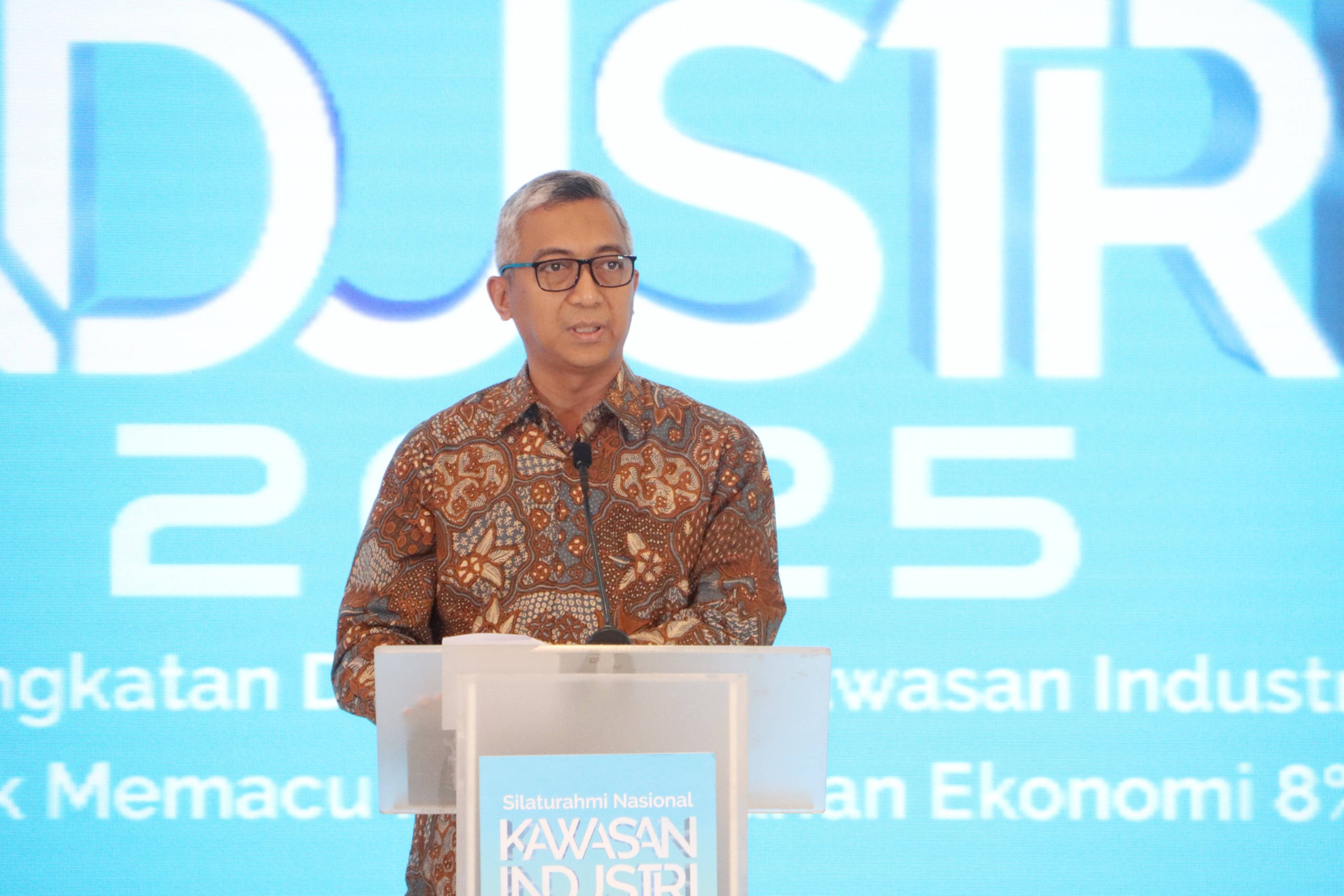The Indonesian Ministry of Industry (Kemenperin) is advancing national industrial growth through a new regulation focused on Special Industrial Zones in Indonesia.
The draft, known as the Ministerial Regulation on Special Industrial Zones (R-Permenperin), aims to facilitate the development of industrial areas with specific characteristics.
The Directorate General of Industrial Resilience, Regionalization, and International Access (Ditjen KPAII) held a public consultation on this draft in Batam, Riau Islands.
This initiative supports the implementation of Government Regulation No. 20 of 2024 on Industrial Regionalization.
“This draft regulation is expected to offer solutions for industrial zone development with special characteristics, including land limitations and the need for thematic zone development,” said Tri Supondy, Director General of KPAII, in an official statement in Jakarta, Wednesday (4/6).
Manufacturing Sector Drives Economic Contribution
According to Supondy, industrial regionalization is a strategic method for building the national industrial sector.
He emphasized the central role of manufacturing in the national economy.
“Over the past five years, the non-oil and gas processing industry has shown stable year-on-year growth of 4–5 percent. The sector’s contribution to the national GDP has consistently exceeded 16 percent, reaching 17.50 percent in the first quarter of 2025,” he stated.
Industrial area development follows the National Industrial Development Master Plan (RIPIN) through 2035, through the creation of Industrial Growth Centers (WPPI), Industrial Allocation Areas (KPI), Industrial Zones, and Small and Medium Industry Centers (IKM).
Legal Basis for Sub-50 Hectare Industrial Zones
As mandated by Law No. 3 of 2014 on Industry, all industrial activities must take place within industrial zones. As of May 2025, 170 industrial area companies have obtained Industrial Business Licenses (IUKI), covering 94,841 hectares with a land occupancy rate of 59.52 percent.
The draft regulation provides direction for the development of industrial zones under 50 hectares under specific conditions.
These include the need for thematic zone development—such as tobacco products, marine and fishery industries, textiles, and digital industries—based on WPPI areas in Java and outside Java.
It also addresses fragmented KPI land in certain regions and supports industrial development within Special Economic Zones (KEK) and Free Trade and Free Port Zones (KPBPB).
“This draft regulation also provides room for industrial zones that were established and operating before 2015 to be designated as industrial zones through a transitional article. This creates an opportunity for legalization of existing zones, particularly in Batam and other regions with similar conditions,” said Supondy.
Industry Leaders Endorse Flexible Zoning Framework
Akhmad Ma’ruf Maulana, Deputy Chairperson of the Indonesian Chamber of Commerce and Industry (KADIN) for Special Economic Zones, Industrial Areas, and National Strategic Projects, highlighted the draft’s relevance.
He stated that the sub-50 hectare zoning policy shows the government’s objective and proportional response to conditions in the field, especially in the Riau Islands.
Peters Vincent, Deputy Chair of the Indonesian Industrial Estate Association (HKI) for the Riau Islands Region, also noted the importance of this initiative.
“With Batam’s strategic location near Singapore and Malaysia, supported by port, airport, and free trade infrastructure, developing small-scale industrial zones under 50 hectares is critical to overcoming land constraints and meeting the growing demand for small and medium industry investment,” he said.
Through the consultation forum, Kemenperin invited participation from stakeholders including local governments, businesses, associations, and industrial zone managers to provide feedback on the draft regulation.
“We hope this regulation will soon be enacted and provide a strong and applicable legal foundation for industrial zone development in Indonesia. Support and contributions from all parties are greatly appreciated to ensure an effective and well-targeted regulation,” Supondy added.
PHOTO: KEMENPERIN
This article was created with AI assistance.
Read More






 Friday, 27-02-26
Friday, 27-02-26







